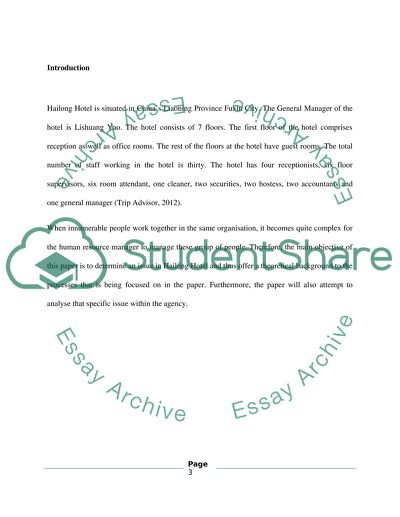Cite this document
(“Work placement in Hailong Hotel Essay Example | Topics and Well Written Essays - 2250 words”, n.d.)
Retrieved from https://studentshare.org/tourism/1397043-work-placement-in-hailong-hotel-essay
Retrieved from https://studentshare.org/tourism/1397043-work-placement-in-hailong-hotel-essay
(Work Placement in Hailong Hotel Essay Example | Topics and Well Written Essays - 2250 Words)
https://studentshare.org/tourism/1397043-work-placement-in-hailong-hotel-essay.
https://studentshare.org/tourism/1397043-work-placement-in-hailong-hotel-essay.
“Work Placement in Hailong Hotel Essay Example | Topics and Well Written Essays - 2250 Words”, n.d. https://studentshare.org/tourism/1397043-work-placement-in-hailong-hotel-essay.


